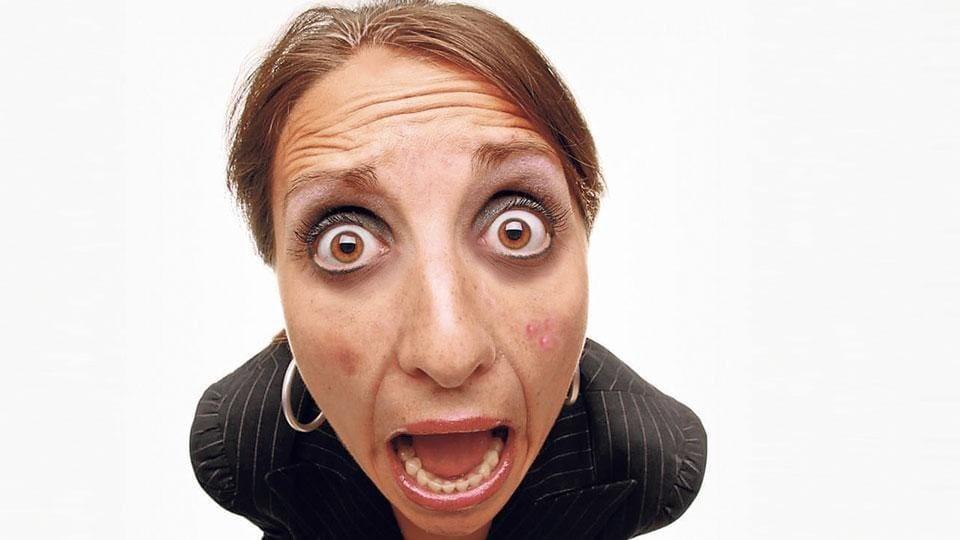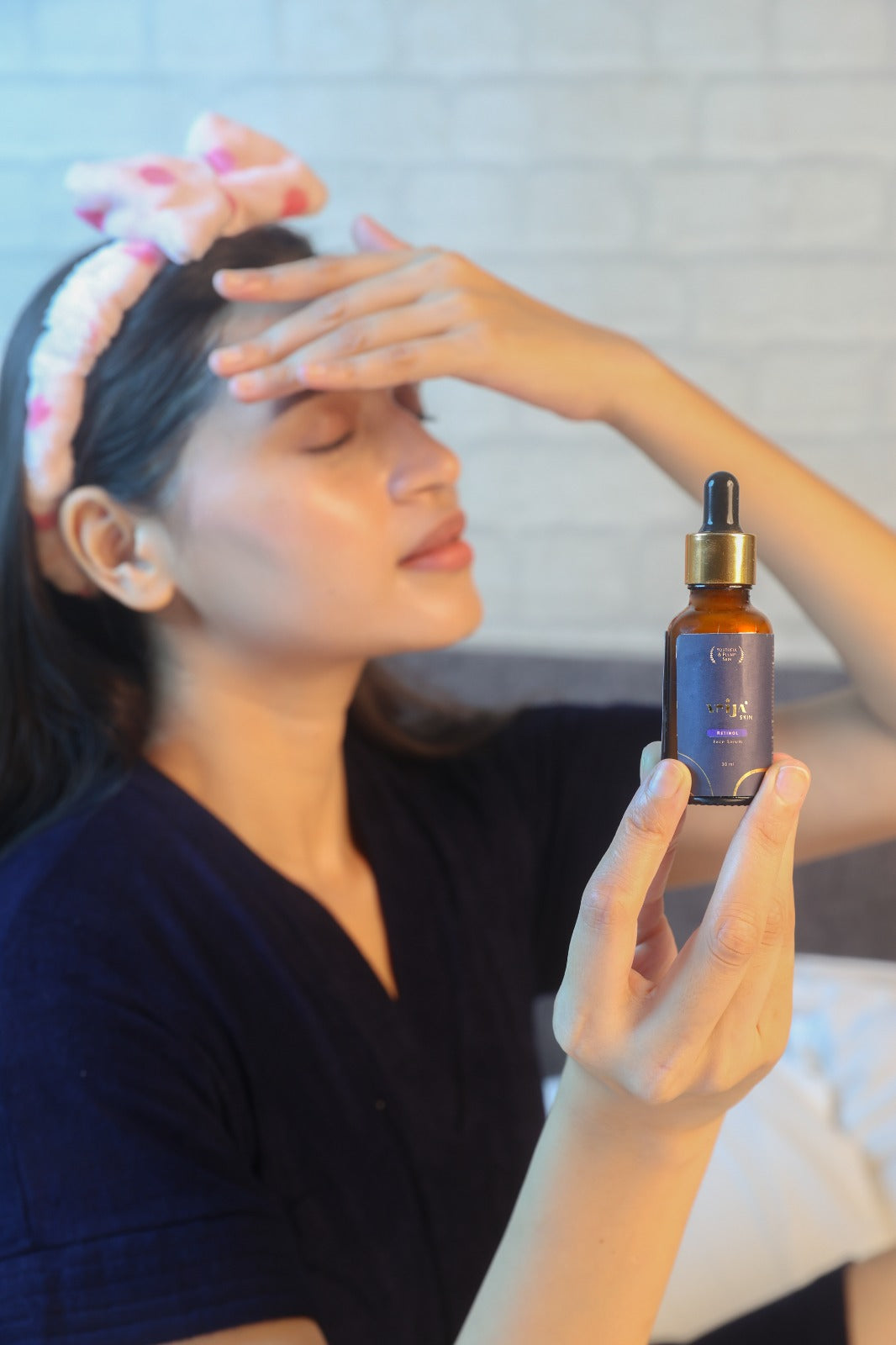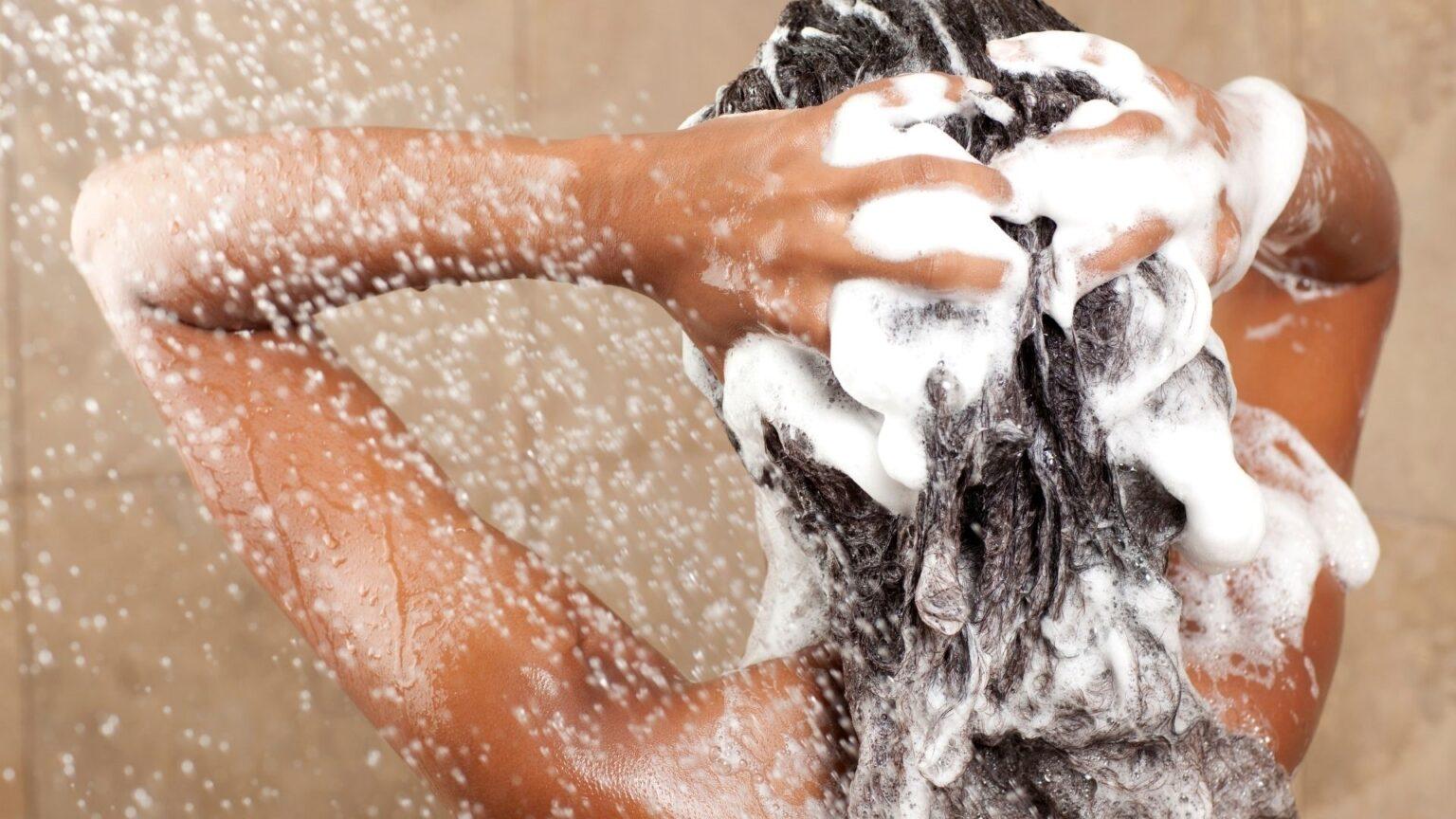
What does stress do to your skin and hair?
Whether it is dreadful deadlines at work and school, emotional pressure, or even environmental attackers, stress is an unavoidable part of life, and almost nobody is immune to it. It can come in any form- be it the harmful sun rays, alcohol consumption, sleep deprivation, or cigarette smoking. Stress can be helpful for a short duration; it either leads to metamorphosis or a challenge. Acute or short-term stresses are well-managed by the body. But if you’re repeatedly exposed to a stressful environment for days at a stretch, it will negatively affect not only your psychological well-being but your body in various ways.
Everyone individually handles stress based on the kind, timing, and severity of stress.
The central physiology behind stress is the production of particular hormones from the hypothalamic-pituitary-adrenal axis (an intricate interaction between the brain and adrenal glands). These hormones include corticosteroids and catecholamines and play a pivotal part in the fight or flight response. Our skin and hair are the two most common organs that handle the brunt of stressful situations. Have you ever noticed how your skin breaks out more, and how your hair sheds more when you’re struggling to pull all-nighters during the exam period at university? Why is stress linked to the hair and skin? Let’s find out.
The link between stress and skin
Skin is the largest organ of the body and is exposed to various environmental aggressors like UV rays and pollutants daily. Our skin is fully competent in responding to stressful situations by reacting to certain hormones that constitute the core of stress response- the corticosteroids and catecholamines, which include cortisol and adrenaline respectively. This is because it has its HPA axis.
In a chronically stressful environment, the production of these hormones increases manifold. Stress can be a consequence as well as a cause of inflammatory conditions like rosacea, psoriasis, and acne. It can also result in excessively dry skin (by causing increased transepidermal water loss, or TEWL); impaired barrier function, and decreased cell turnover. Chronic stress can leave your skin dull, with a loss of elasticity, and more than apparent wrinkles. All this has been linked to a decreased production of ceramides and lipids.
Increased stress level due to any cause also means decreased wound healing. According to a recent research paper, “The unfavourable effect of stress on wound healing was first observed clinically in humans when caretakers of demented relatives require 20% more time for entire dermal wound healing “.
The connection between hair loss and stress
Telogen effluvium is the scientific term used for the process of temporarily losing excessive hair after your body experiences shock, which can be physical or psychological. 70% of this hair loss occurs approximately 60-70 days after you experience a stressful event, which can be anything from childbirth to excessive pressure at work and excessive sun exposure.
Each one of your hair strands goes through a particular pattern of growth, rest, and shedding. Because of stress, more hair enters the resting phase and remains so. Cut to two months later, you will experience huge chunks of hair being shed. Paradoxically, this is because new hair is pushing the resting hair out of its secure position in the roots, thus causing more hair loss.
Stressful situations can also lead to a psychological condition known as trichotillomania, which means using your hands to tug at your hair when you are stressed.
How to get by with stressful situations
Even though it is quite difficult to eradicate stress from your life, you can take up uncomplicated measures to deal with it healthily. The first suggestion is to observe what your triggers are and think about how to keep them at bay. For instance, maybe work piles up for you because you commit yourself to multiple tasks at a time, without planning.
Maintain a simple and effective routine, and this includes taking effortless steps to take care of your skin and hair. Try to get in more hours of quality sleep instead of binge-watching series all night long. Try to get yourself into a workout regime, as exercise helps by releasing endorphins, the chemical mediators linked to happiness and stress relief. If you’re feeling overwhelmed, take a guilt-free day off, do what you love to rejuvenate.




